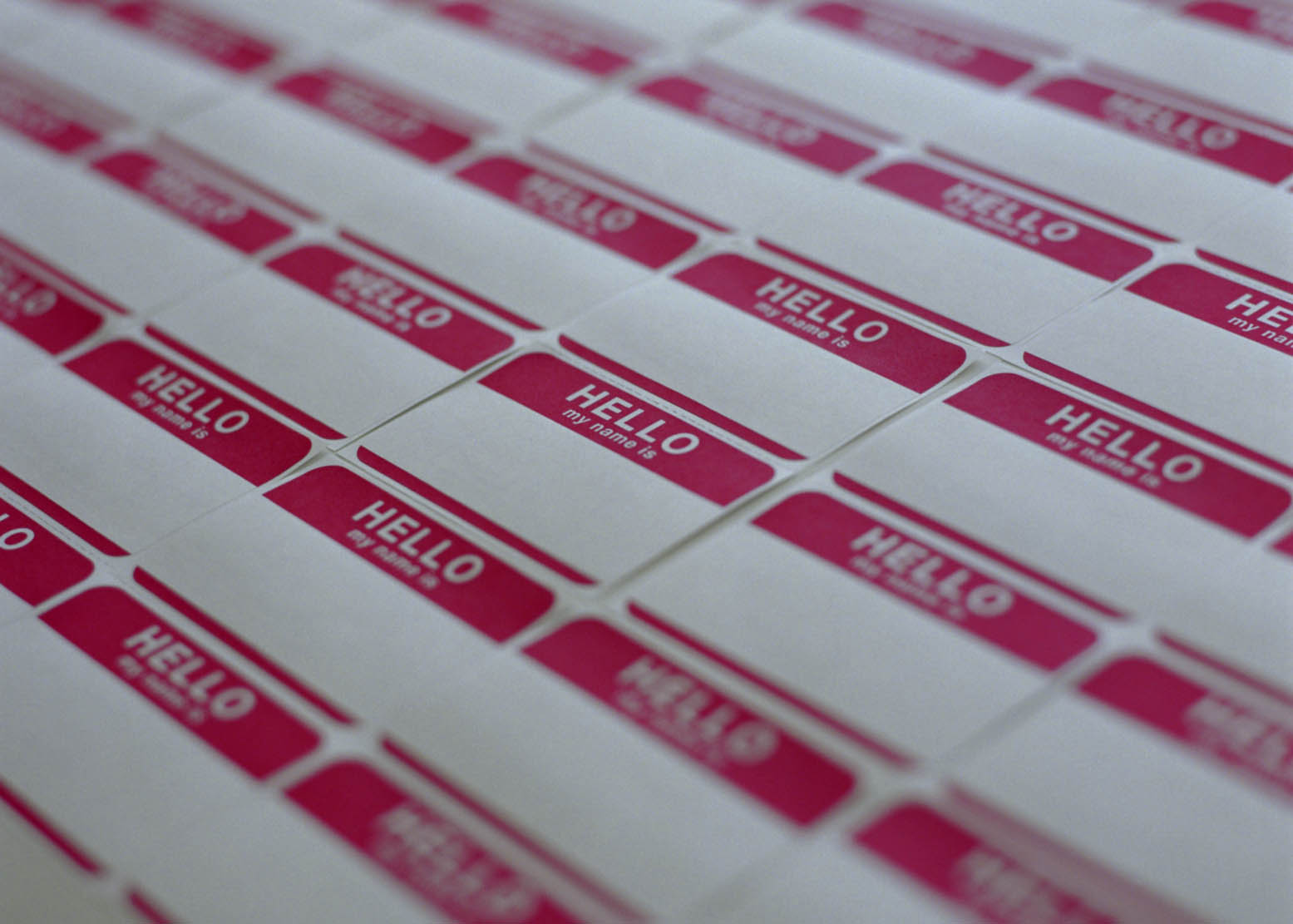
Lunchtime Links: The Genius of a Well-Designed Name Tag
How can a name badge change the outcome of your event? Some meeting planners weigh in on how they affect attendees’ interaction. Also: a marketer's theory that learning through analogies can train you to think.
When you meet someone new at a conference, where do your eyes go to first? Some event planners believe that if your attempt to find the person’s name badge fails within the first 10 seconds, it could have negative impact on your connection.
Why a well-designed name tag facilitates networking, and more, in today’s Lunchtime Links:
Hello, my name is…: Too small, too big, too low-hanging, too hidden: These are possible reasons for an ineffective conference badge. A poorly designed name tag can color the interaction between two people meeting for the first time. Easier-to-read badges lead to easier interactions between attendees. “Nobody wants to have to squint. It makes a bad first impression.… Low-hanging badges can lead to awkward situations, because they tend to attract attention to body parts one probably ought not to be staring at,” Leslie Kwoh writes in the Wall Street Journal. According to Bill Host, a hospitality and tourism management professor at Roosevelt University in Chicago, exemplary badges are 3 inches high, 4 inches wide, inside a plastic sleeve, and show the attendee’s first name at 36-point type, with the full name, title, company, city and state in 24-point type below.
Connect the thoughts: Conventional learning works up to a certain level, but thinking outside the box (making connections between art and science, for instance) can set you apart from others. Seth Godin believes learning through analogies, in a conceptual sense, can train marketers to think beyond the manual. “We over-rely on things where the specifics seem to match, but the lesson is obscured by the trivial,” Godin writes. “Sometimes when we see something happen that we can learn a conceptual lesson from, we instead jump to conclusions that the specifics are the important part.” It’s a lesson that isn’t just for marketers. How do you make sure you see the forest, and not just the trees?
New beginnings: Commencement addresses can be particularly inspiring. The speeches set the tone for new beginnings as new college graduates head off into “the real world.” They don’t really know what to expect, especially in the current job market. Over the last eight years, Amazon.com founder and CEO Jeff Bezos, Huffington Post founder Arianna Huffington, and award-winning novelist David Foster Wallace have given what some consider three of the most inspiring commencement speeches about decision-making, kindness, and wisdom. Everyone from new grads to CEOs can draw some inspiration and motivation from their words.
What’s on your reading list today? Let us know in your comments below.
(Thinkstock/Creatas)






Comments